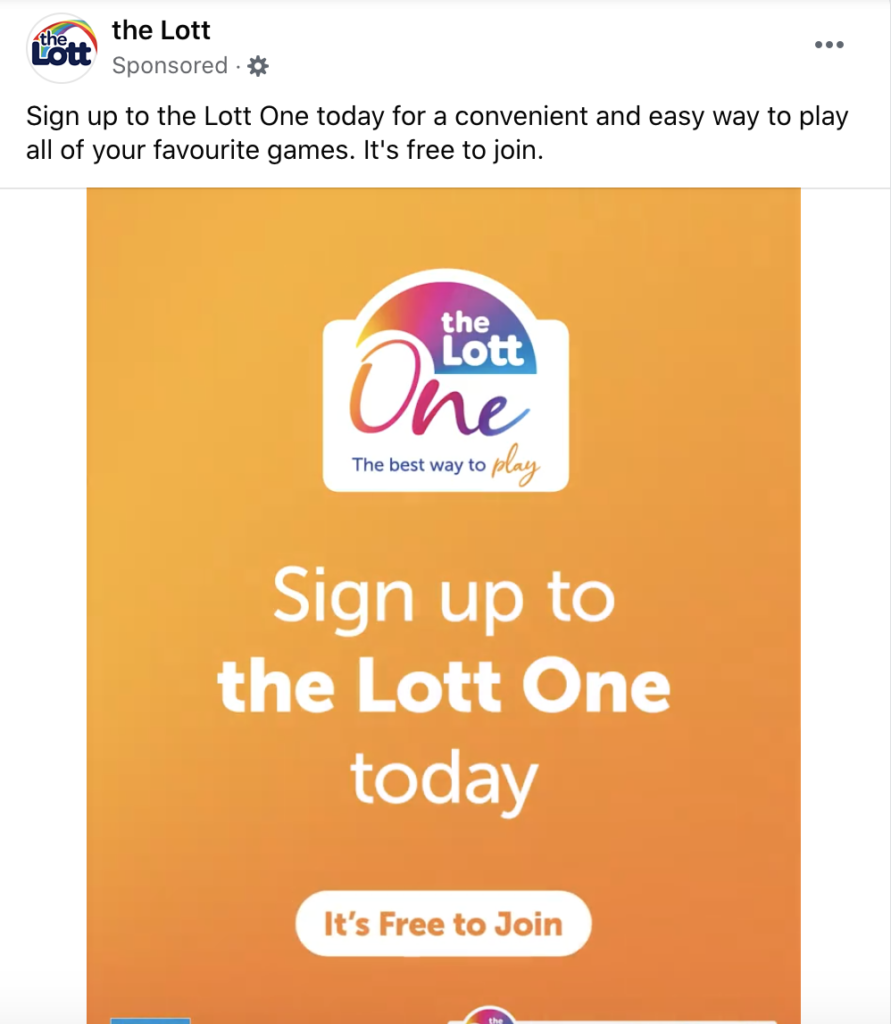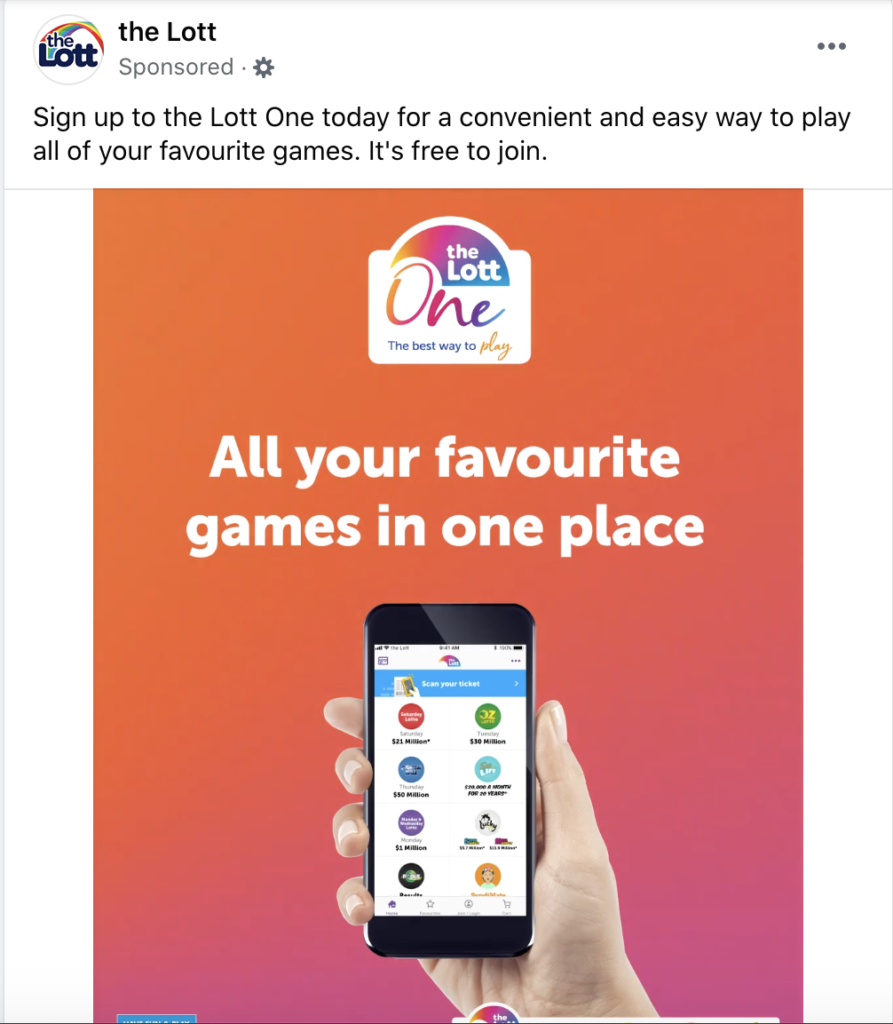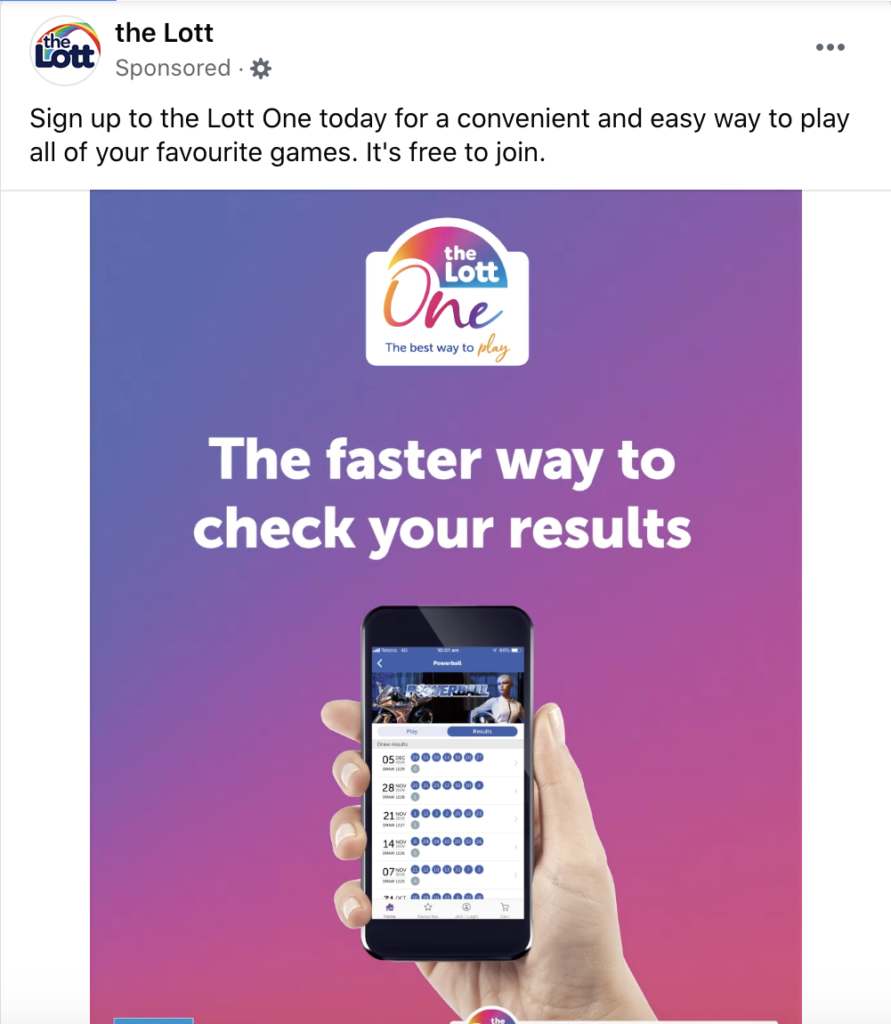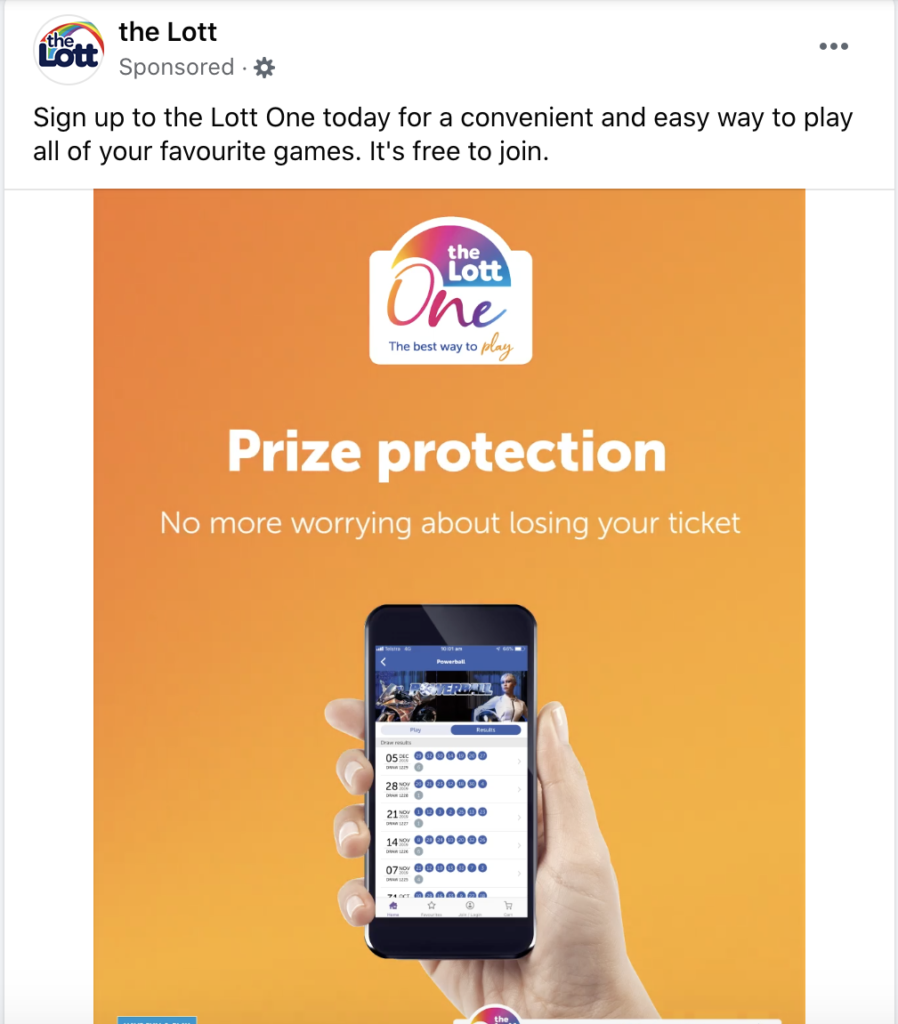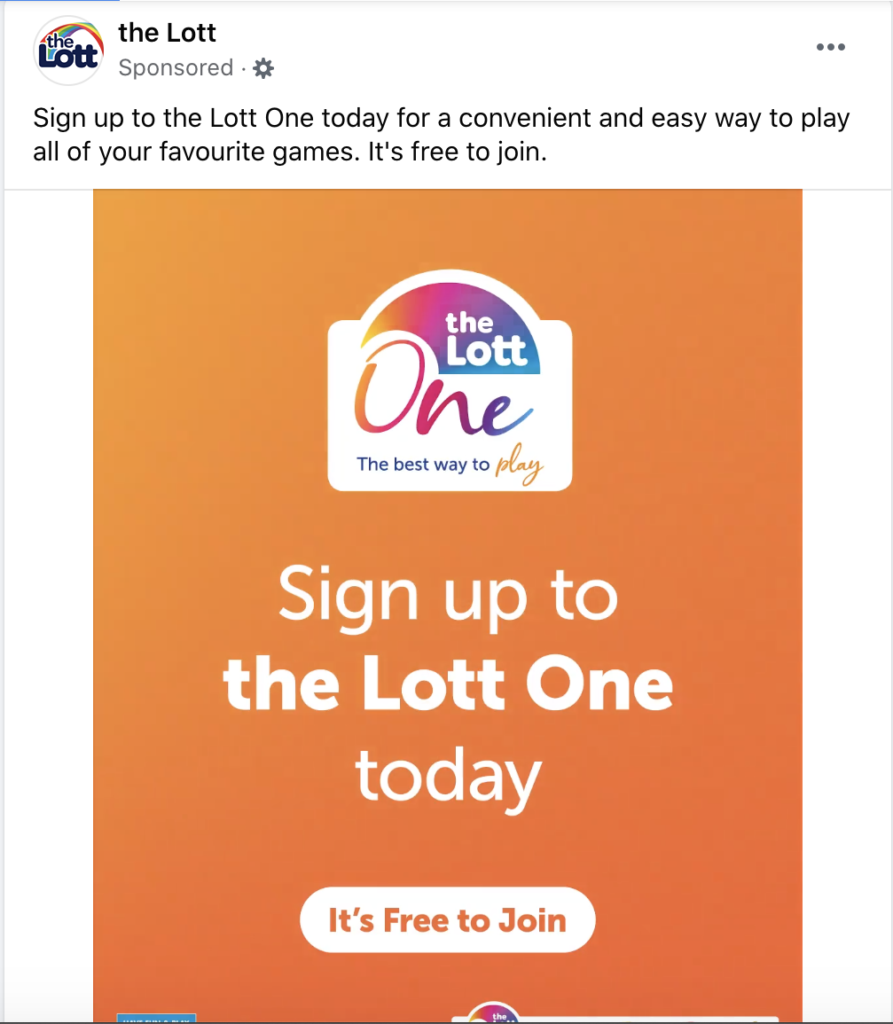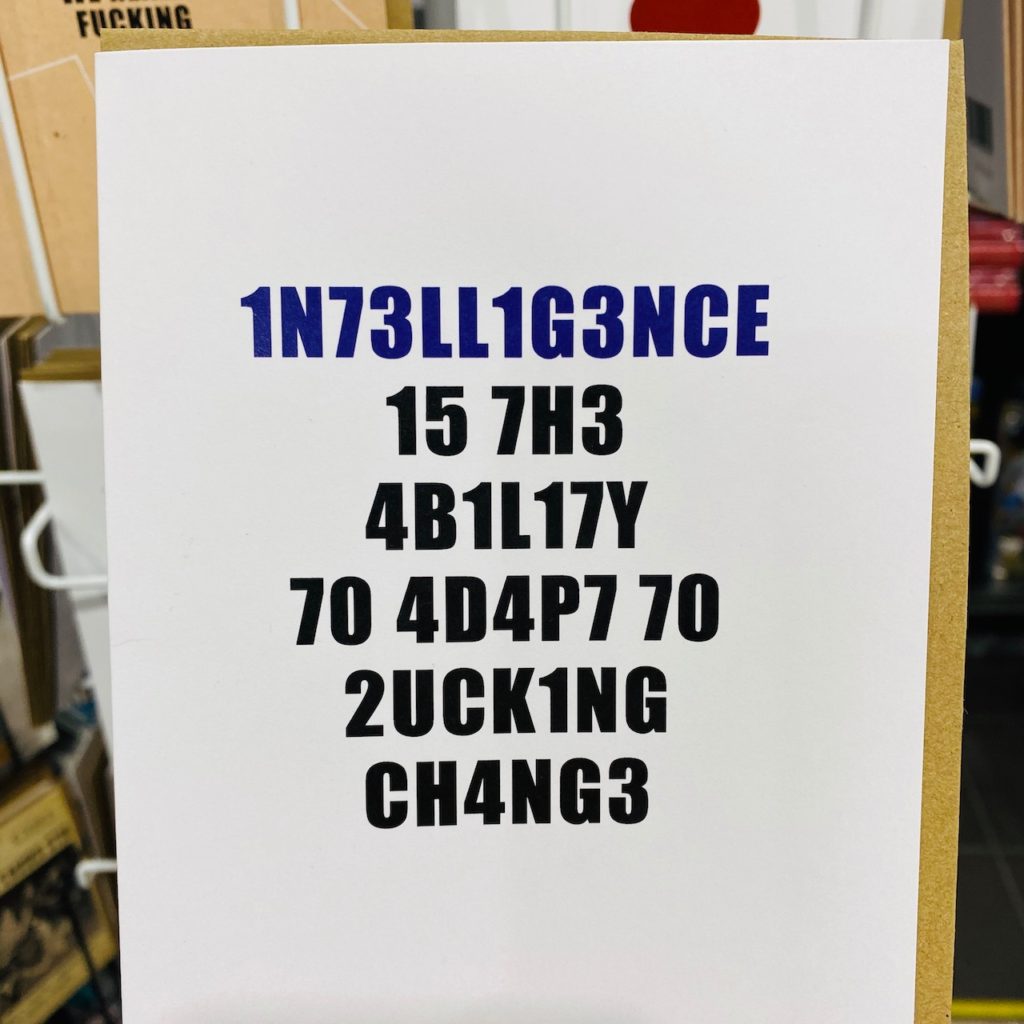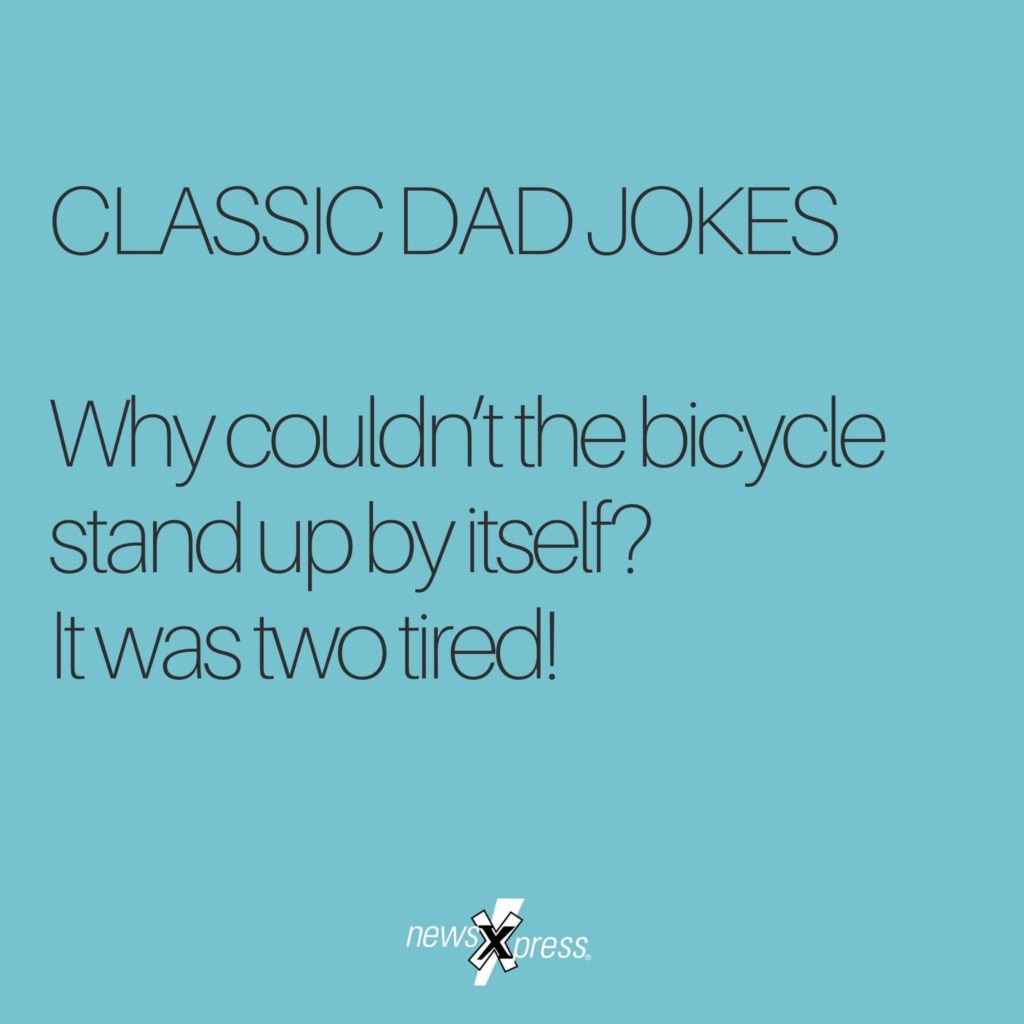How can I become a newsagent? This is an interesting question that close to 100 people type into Google in Australia every day.
If you want to open a newsagency business, you need to organise supply of newspapers, magazines, lotteries (if you want those products), stationery, greeting cards and anything else you want to sell.
There is no one place to do this. The relationships is the list, lotteries, newspapers, magazines etc. are supplier driven. There is a formal approval process to go through, often requiring some form of financial security.
It can feel daunting if you are going it alone.
If you join a group they may help you navigate the processes. Update: I’m the owner of the newsXpress newsagency marketing group.
The training process, too, is broken in that lotteries has their training requirements and if you are in this category then their training will be the most important.
For me, I think that it is what you do outside what has been traditional for the newsagency channel that matters since those categories are where you will get most future growth and GP%.
So, if you are looking to open a newsagency business or convert your business into a newsagency my advice is to research fully the product categories you wish to offer and talk with the suppliers to see if your location and business suit what they could be looking for in an approved retail partner.
Back in the day, the best initial entry point was newspapers, through the local council controlled by the publishers, followed by the magazine distributors. Today, papers and magazines are straightforward to organise and this is done through local distribution agents.
If you want lotteries, start there. Tabcorp and Lotterywest have structured publicly accessible processes, which you should thoroughly research.
Back to the Google searches. It is interesting seeing these, this number, daily. It is one of a bunch of keyword searches that demonstrate strong interest in retailers joining our channel.
The number of searches has not changed much through 2020, so it is not a Covid thing. There has always been good interest. In part, this is driven by developers looking for our channel to be represented in new developments.
If you are looking to open a newsagency or convert a business to be a newsagency, do your research, take your time, ensure you are sure in your own mind about the business you want to create.
